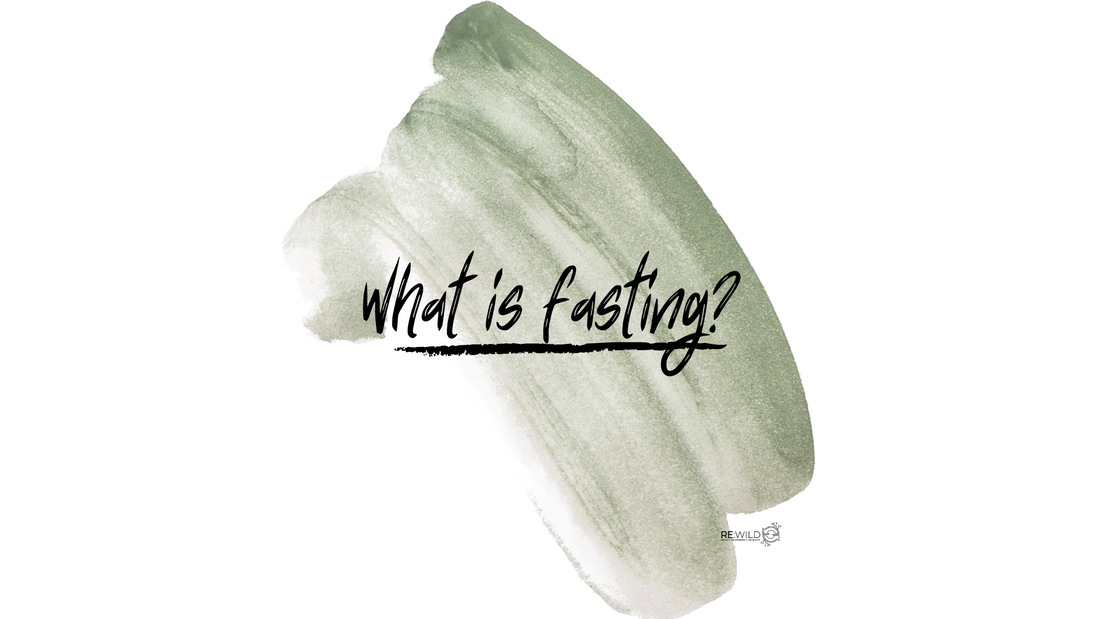|
Fasting is simply the act of abstaining from food for a given period of time. Perhaps most importantly, fasting is a detoxification and optimisation strategy, not a starvation method.
With the abundance of food and snacks available today, fasting doesn’t happen as naturally as at it used to, but it’s a practice that has existed for centuries. Some examples we’re very familiar with, others not so much. Buddhists fast for enlightenment, choosing to fast after their meal at noon; Muslims fast during the holy month of Ramadan; several Christian denominations fast during certain seasons of the liturgical calendar; and there are plenty of other examples throughout history. In the Paleolithic era, the Egyptians believed fasting made them mentally stronger, and it’s said they even required the great Pythagoras to fast for 40-days before he could enter one of their schools. Hippocrates, widely considered the father of modern medicine, often prescribed and championed the practice of fasting, advising patients: “To eat when you are sick, is to feed your illness.” Benjamin Franklin quoted: “The best of all medicines is rest and fasting.” While Mark Twain stated: “A little starvation (fasting) can really do more for the average sick man than the best medicines and the best doctors.” Philip Paracelsus, the founder of toxicology, professed: “Fasting is the greatest remedy – the physician within.” Fasting is a key part of medical history, but unfortunately the practice of fasting for health and healing has been replaced with modern medicines that come with their own list of side-effects. Fasting has been shown to be a great way to improve health and digestion; manage your overall food intake; enhance the use of stored fat for fuel; increase mental clarity and energy; and decrease the effects of ageing. If you'd like to learn more about fasting, which type of fasting method is best for you and how to fast correctly, check out The Fasting Playbook for more.
0 Comments
Leave a Reply. |
JcHere I write about everything I love and that interests me. Archives
September 2021
Categories
All
|

 RSS Feed
RSS Feed
